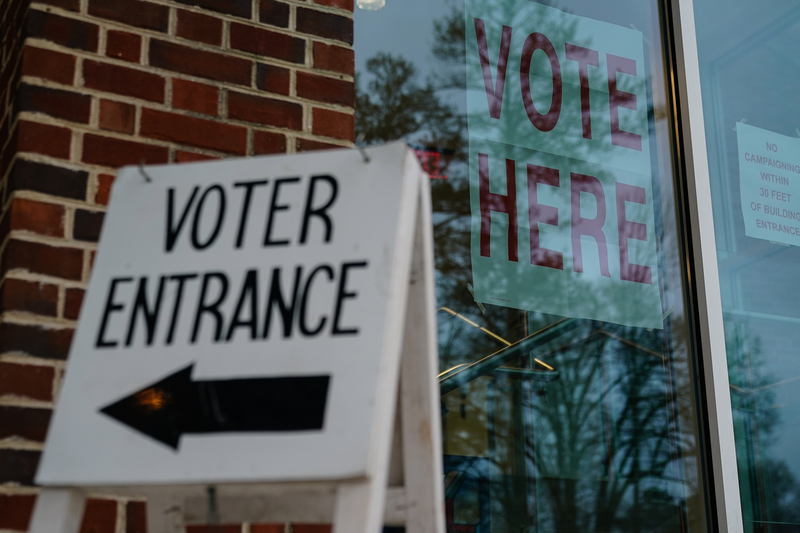Yesterday, the SEC settled an administrative proceeding under the investment adviser pay-to-play rules.
The proceedings involved the alleged violations of Rule 206(4)-5 — the Commission’s “pay-to-play” rule for investment advisers — by Wayzata Investment Partners, an investment adviser registered with the securities watchdog.
Rule 206(4)-5 is designed to address pay-to-play abuses involving campaign contributions made by certain investment advisers or their covered associates to government officials who are in a position to influence the selection of investment advisers to manage government client assets, including the assets of public pension funds and other public entities.
The $4K contribution
The basic facts are these: In April 2022, a covered associate of an investment adviser made a $4,000 campaign contribution to a candidate for elected office. The office that this candidate sought had influence over selecting investment advisers for a state investment board. As of the date of the contribution in 2022, the state investment board had already invested in the two Wayzata Opportunity funds (closed-end, private equity funds) at issue in the case. Given their nature, investors are generally prohibited from withdrawing their money for the life of the funds.
Within two years after this contribution was made by the associate, Wayzata provided investment advisory services for compensation to the state investment board. By providing these investment advisory services for compensation within two years of the contribution, the SEC said it thereby violated Section 206(4) of the Advisers Act and Rule 206(4)-5 thereby.
Rule 206(4)-5 does not require a showing of quid pro quo or actual intent to influence an elected official or candidate to prove a violation.
The violation in this cases did not arise from an attempt to obtain additional investments from the state investment board, but from the fact that Wayzata continued to provide advisory services for compensation in connection with the board’s closed-end fund investments.
The Pay-to-Play Rule
Advisers Act Rule 206(4)-5(a)(1) prohibits any investment adviser registered with the SEC, investment adviser required to be registered with the SEC, foreign private adviser, or exempt reporting adviser from providing investment advisory services for compensation to a government entity within two years after a contribution to an official of a government entity made by it or any covered associate.
The type of person covered by the rule includes, among others, general partners, managing members, executive officers, employees who solicit a government entity for the investment adviser, and their supervisors, and the donation amount that triggers the rule is anything in excess of $350.
Under the rule, the campaign contribution triggers a two-year “time out” on the firm whose associate made the contribution. Meaning, the firm should have waited two years before providing investment advisory services for compensation to the government entity with influence over the selection of investment advisers to manage government assets.
Importantly, Rule 206(4)-5 does not require a showing of quid pro quo or any actual intent to influence an elected official or candidate to prove a violation.
Dissenting opinion
SEC Commissioner Hester Peirce said the decision demonstrates the overbreadth of the SEC’s Pay-to-Play rule, especially since the rule allows for exemptions but rarely grants them. “To avoid questions from Commission examiners, the easiest course is not to contribute to political campaigns.
“So, the cost of working for an investment adviser is that you have to give up your right to contribute to certain political campaigns,” she says.
Pointing to the other rules that investment advisers are already subject to, Peirce says “a rule that penalizes people already subject to fiduciary obligations who donate money without any intent to do anything other than express their political preferences does not improve the political process.”













